24 Hours Hotline: +86 137-3541-1378
Email:xian@tripstoshanghai.com
24 Hours Hotline: +86 137-3541-1378
Email:xian@tripstoshanghai.com
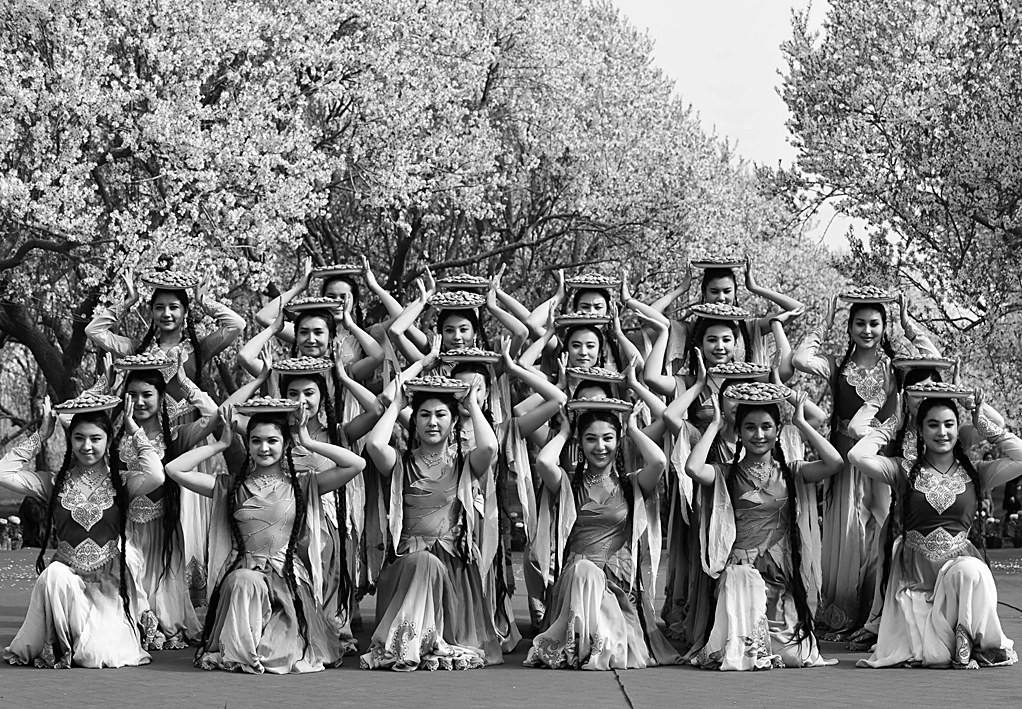 Neolithic Age
Neolithic Age
According to archaeological research, as early as the Neolithic period, Urumqi has traces of human existence here. This is also the earliest evidence of human activities found in Urumqi.
Western Han Dynasty
During the Western Han Dynasty, there were more than ten nomadic tribes in Urumqi and its surrounding areas, which were historically known as "The land of thirteen countries". This is the earliest life circle based on small tribes and countries in Urumqi.
Jin Dynasty & Sui Dynasty
In order to develop the economy, the commodities mainly including silk, tea and spices began to circulate. The western region of ancient China, mainly Urumqi, gradually conducted commercial exchanges with the eastern region and the early central Asian countries. The rudiments of the Silk Road are gradually moving towards the stage of history. However, in order to ensure the smooth passage of caravans traveling along the Silk Road, the government began to reclaim wasteland and establish security.
640 AD
In the Tang Dynasty(640 A.D.), the government of the Tang Dynasty set up Tingzhou at the northern foot of Tianshan Mountain, which governs four counties. In Nowadays, we call it Luntai County, which was under the control of the Tingzhou State with the other three counties. It was once a military stronghold for the Tang Dynasty to defend against their enemy.
1763
In 1763, a new city called Gongning was built to the west of Dihua and acted as the military center for all regions of Urumqi. During this period agriculture, business and manufacture had developed rapidly, which had, in turn, stimulated population growth. At the end of the Qing Dynasty, the government set up Gansu and Xinjiang Province in this region and appointed Dihua as its capital. As such, Dihua become the political center of the Xinjiang region from then on.
1864
Gongning city destroyed by war
1880
In the east of Dihua City, a "New Manchu city" was built. The former Dihua city was inhabited by people and businessmen, commonly known as "Seoul".
1884
In 1884, Xinjiang set up a provincial capital with Dihua as its capital. From then on, Dihua became the political center of Xinjiang.
1949
Peaceful liberation of Xinjiang in 1949
1954
On February 1, 1954, the original name of Urumqi was officially restored in Dihua, which has been continued up to now.
Urumqi - Ancient Stop Alongside China Silk Road
Urumqi first came under full Chinese control in the 7th and 8th centuries AD. It laid a solid foundation for the opening of the Silk Road in ancient China and played a crucial role in the economic development of Urumqi. Running between China and the Mediterranean, the Silk Road is a historically important international trade route, so named due to the large proportion of silk that changed hands along this road for centuries. The ancient Silk Road played a significant role in the cultural exchange between China, acting as a “cultural bridge”between Asia and Europe and connecting the world’s largest civilisations.
Beginning at Chang’an (now Xi’an), the famous route winds through the Hexi Corridor to Dunhuang, where it splits into three different routes, namely the Southern, Central and Northern Routes. These then spread out all over the Xinjiang Uygur Autonomous Region, as far as Pakistan, India and Rome. Breath-taking scenery and numerous cultural relics and historical treasures make Urumqi, the capital of Xinjiang, a popular tourist destination along the world-renowned China Silk Road.
In the early Tang Dynasty, with the smooth opening of the Silk Road, Urumqi gradually became an important center of the Silk Road caravan from the main passage through Turkestan to the Ili River Valley.
In the Qing Dynasty, there were a large number of caravans traveling between the East and the west, and the commodities became more and more diversified, gradually developing into an important commercial and cultural center, and Urumqi's economic development gradually reached its peak.
In 2005, the Xinjiang Silk Road Museum was opened in Urumqi which gives a broad overview of Chinese civilization along the Silk Road and local ethnic cultures.
Prev: Urumqi Weather & Climate
Next: Urumqi Facts
Wechat: Chinaprivatetour
24 Hours Hotline:
+86 137-3541-1378
* Authentic Experiences: Genuine local experiences that immerse you in the true essence of Xi'an and beyond.
* Safety First: Highest safety standards with secure activities and reliable transportation.
* Customizable Tours: Flexible itineraries tailored to your interests and needs.
* Local Expertise: In-depth knowledge of Xi'an and China, offering exclusive insights.
* Professional Guides: Licensed bilingual guides with over 5 years of experience.
* Comfortable Travel: Experienced drivers and well-maintained vehicles for a smooth journey.
* Sustainable Tourism: Commitment to responsible tourism and supporting local communities.
* Customer-Focused: Personalized service and continuous improvement based on your feedback.
* Free Cancellation: Cancel up to 24 hours before travel for flexibility and peace of mind.
* 24/7 Support: Round-the-clock assistance for any questions or help needed.
(Your Privacy is Protected)
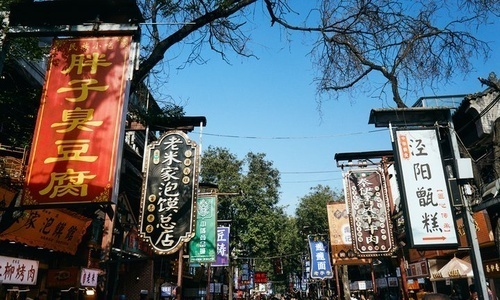 Xi'an Muslim Quarter Travel Guide: Street Food, Culture & Nightlife
Xi'an Muslim Quarter Travel Guide: Street Food, Culture & Nightlife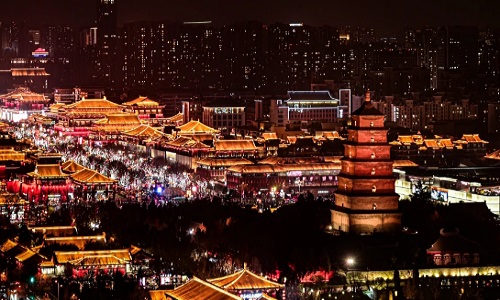 Exploring Grand Tang Mall Xi'an: Shopping, Dining, and Entertainment in the Heart of the Ancient City
Exploring Grand Tang Mall Xi'an: Shopping, Dining, and Entertainment in the Heart of the Ancient City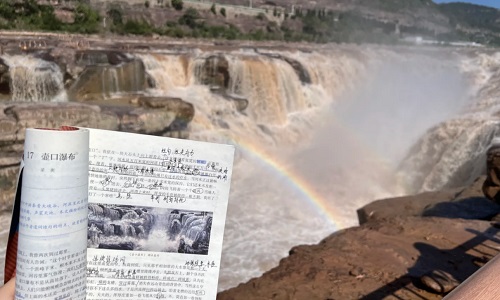 Hukou Waterfall Travel Guide: Visiting the Yellow River’s Most Spectacular Hukou Waterfall from Xi'an
Hukou Waterfall Travel Guide: Visiting the Yellow River’s Most Spectacular Hukou Waterfall from Xi'an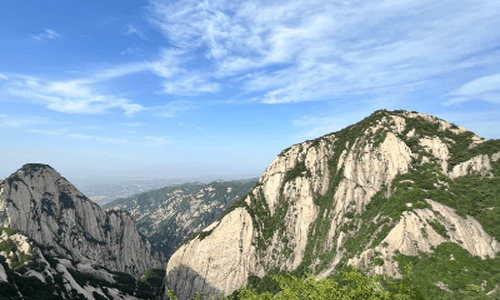 Huashan Mountain Travel Guide: Hiking the Most Dangerous and Beautiful Peak in China
Huashan Mountain Travel Guide: Hiking the Most Dangerous and Beautiful Peak in China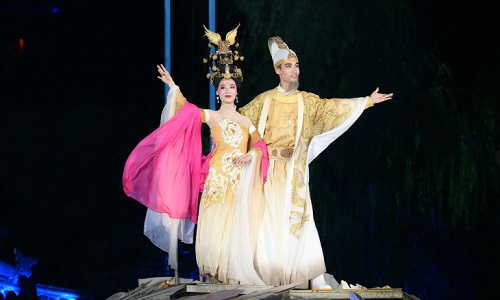 The Song of Everlasting Sorrow: A Timeless Tale of Love and Tragedy in Xi'an
The Song of Everlasting Sorrow: A Timeless Tale of Love and Tragedy in Xi'an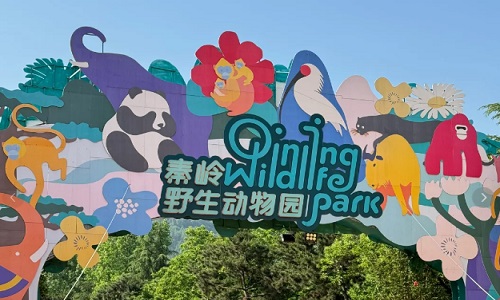 Xi’an Qinling Wildlife Park Travel Guide: Explore the Best Zoo Experience in Xi’an
Xi’an Qinling Wildlife Park Travel Guide: Explore the Best Zoo Experience in Xi’an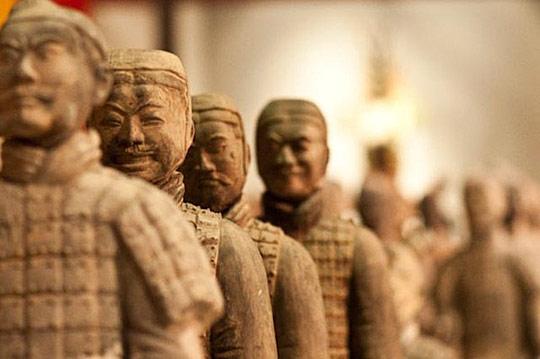 Discover the Terracotta Warriors in Xi’an: A Complete Guide to China’s Ancient Army
Discover the Terracotta Warriors in Xi’an: A Complete Guide to China’s Ancient Army 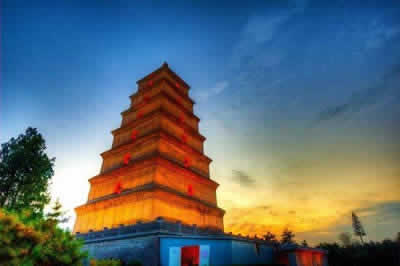 Big Wild Goose Pagoda
Big Wild Goose Pagoda1 to 1 tailor-made service from our professional travel advisors for the most sophisticated
Constantly excellent reviews for attraction, hotel and service Competitive price
Local experts provide quality tours Best selected knowledgeable local guides Authentic local restaurants
7*24 hours available to create you a worry-free tour. No Hidden Fees and absolutely no pressure to buy. Secured









Copyright © 2017 www.xianprivatetour.com All rights reserved. 浙ICP备18056007号-6